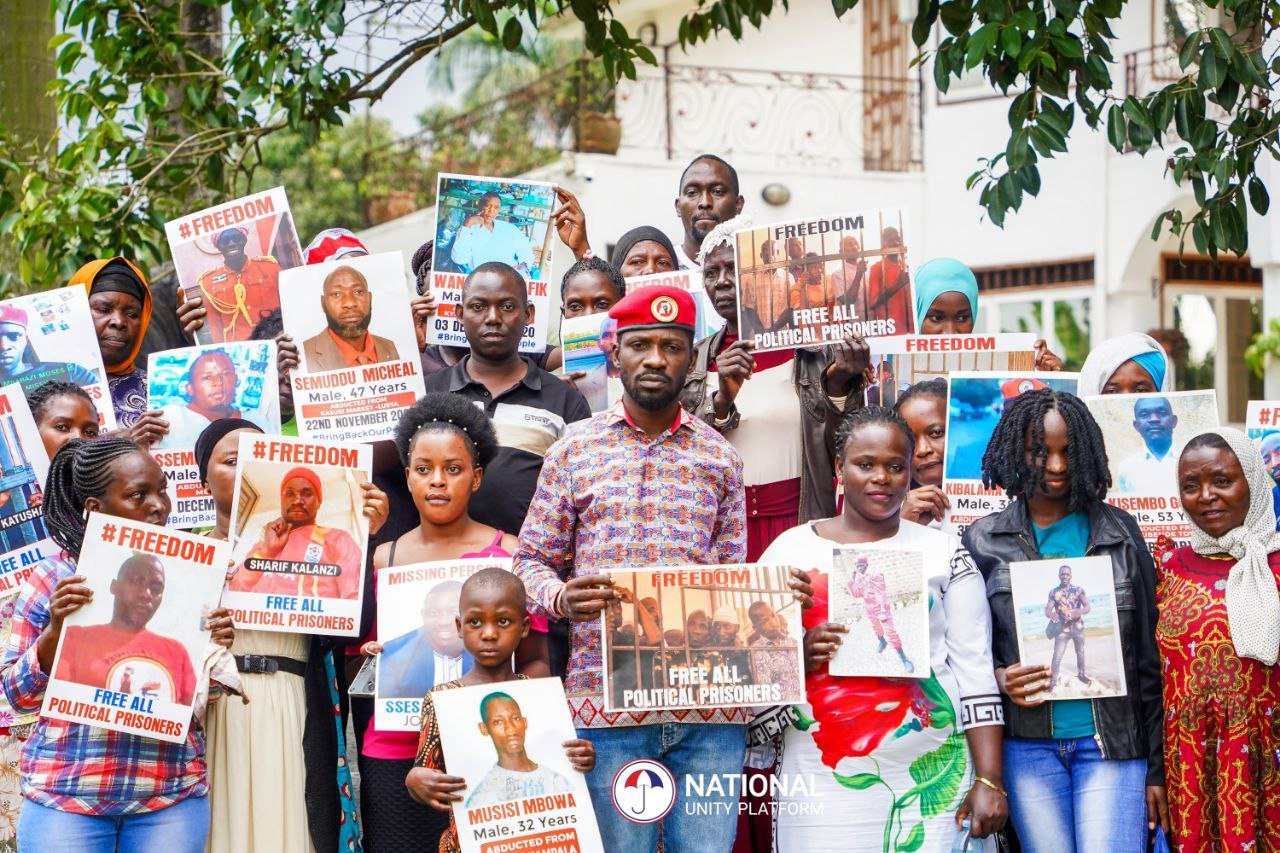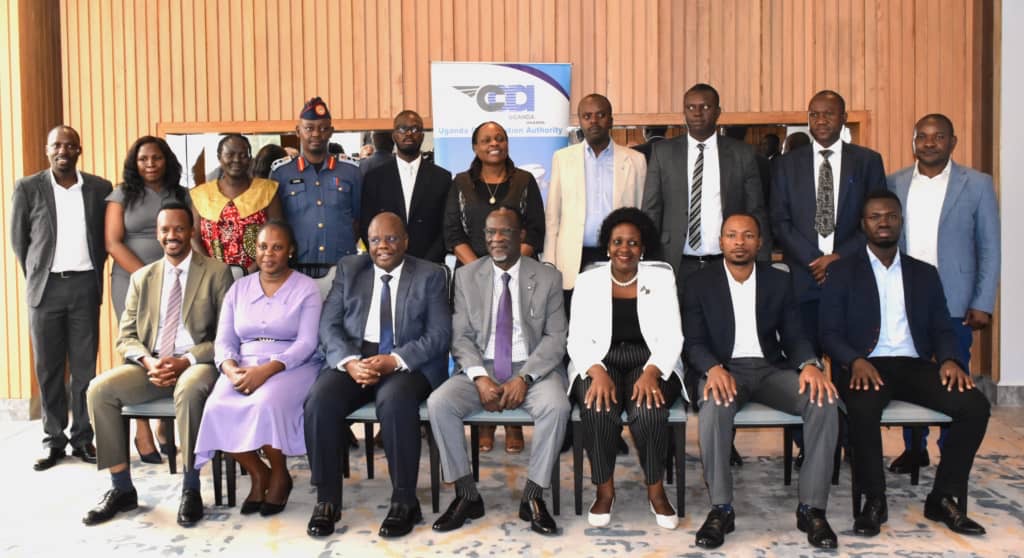Dr. Gilbert Arinaitwe Mateeka, the Kabale District Health Officer, has disclosed that the district records more than 1300 cases of adolescent pregnancies annually.
He presented this paper at the White Horse Inn in Kabale as part of a stakeholder discussion arranged by the Local Sustainable Communities Organization (LOSCO).
The discussion of sexual reproductive health issues in the district was the event’s main goal.
According to Dr. Gilbert Mateeka’s study, there were 1,346 teenage pregnancies in Kabale District in 2020, 1,479 instances in 2021, and 1,478 cases in 2022.
In addition, he brought up a sizable number of unreported incidents that were left out of the study since the victims never sought medical attention from a specialist.
According to the D.H.O., teenage pregnancies are typically unplanned and unwelcome, having an impact on the victims’ physical and mental health.
These consequences include difficulties both during pregnancy and during childbirth, as well as the risks involved in some teenagers choosing to have an abortion.
Moreover, the vast majority of victims terminate their education and abruptly abandon their life goals by dropping out of school.
Dr. Alfred Besigensi, the Kabale District Senior Health Educator, and Florence Tumuheirwe, the Executive Director of Kigezi Women in Development (KWID), ascribed the issue to a lack of sex education.
They contended that teens who have sex at a young age do so because they are still learning about the risks and how to prevent them.
Ronald Bakak, the Kabale Deputy Resident Commissioner, pointed out that Uganda was still having problems with dishonest law enforcement officials, particularly the police, who occasionally work with parents to engage in negotiations with defilement case suspects.
In order to protect the girl child in Kabale, Mr. Bakaki stated that his office would take harsh action against police officers in cases that ultimately end up not making it to trial.
The dialogue, which was arranged in collaboration with the Center for Health, Human Rights, and Development (CEHURD), was intended to increase public awareness of ways to reduce maternal mortality as well as to enhance and encourage access to sexual reproductive health and rights in the Kabale district, according to Albert Taremwa, Director of the Local Sustainable Communities Organization (LOSCO).
According to the most recent Uganda Bureau of Statistics (UBOS) study, 25% of teenage pregnancies nationwide occur before the age of 18, meaning that one in four Ugandan women have given birth before the age of 18.
The government will soon permit females as young as 15 to obtain contraceptive services, according to Dr. Charles Olaro, the Director for Curative Services at the Health Ministry. He claims that this policy will lower the number of early pregnancies.
Dr. Olaro stated that “out-of-school” youths and young adults will receive precedence. Although the Cabinet and Parliament must approve this proposal, Thomas Tayebwa, the Deputy Speaker of Parliament, has already voiced his disapproval of it.
Tayebwa requested the government not adopt the policy, which is allegedly still at the ministerial level, when presiding over the plenary on Tuesday.
Tayebwa’s remarks aligned with those of Lucy Akello, the woman MP for Amuru District, who contended that the policy would validate youthful infidelity.

















